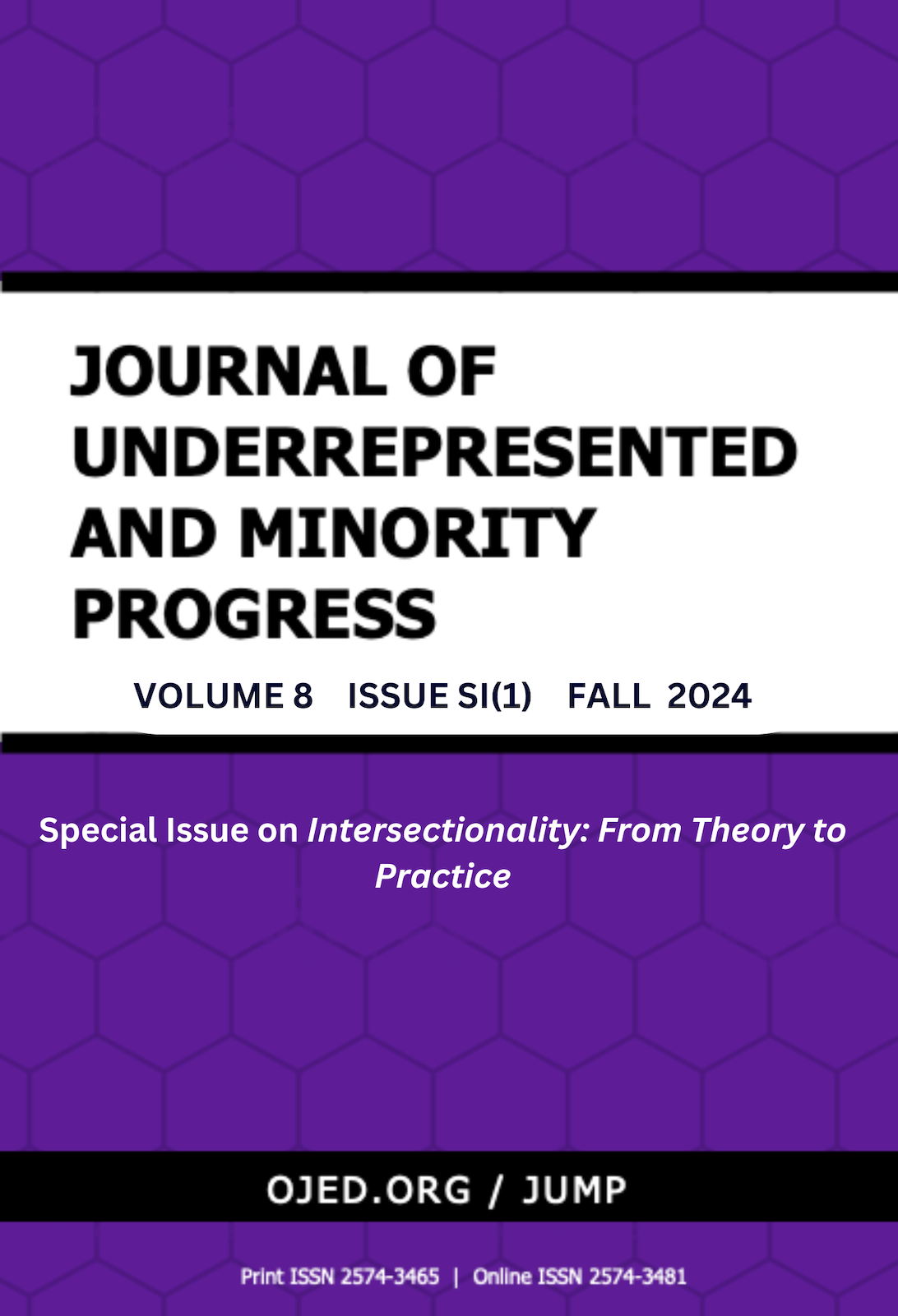An Intersectionality based Policy Analysis Framework: Advancing the Multiple Equity Measures
DOI:
https://doi.org/10.32674/hf5daq72Keywords:
Caste System, Hierarchy, Historical Privilege, Intersectionality, Land Access, Multiple Social Equity MeasuresAbstract
This paper aims to devise intersectionality based policy analysis to advance multiple equity measures, with the in-depth analysis of access to land resources by Dalit community in rural-agrarian settings, and a special focus on their current state and causes of landlessness and its effect on social exclusion/inclusion. Contributing to the theoretical debate on caste and class formation, the study depicts on how the caste system influences land ownership and access. It addresses the complex and multiple inequalities embedded in the lived experiences of Dalit communities, reflecting their lower social status and class position in Nepali society. The intersectionality framework proves highly relevant for examining innovative policy approaches related to land accessibility among Dalits, facilitating the translation of intricate knowledge into accessible messages essential for a new policy discourse that prevents the concentration of resources and services in the hands of elites within marginalized groups.
References
Caste System, Hierarchy, Historical Privilege, Intersectionality, Land Access, Multiple Social Equity Measures


